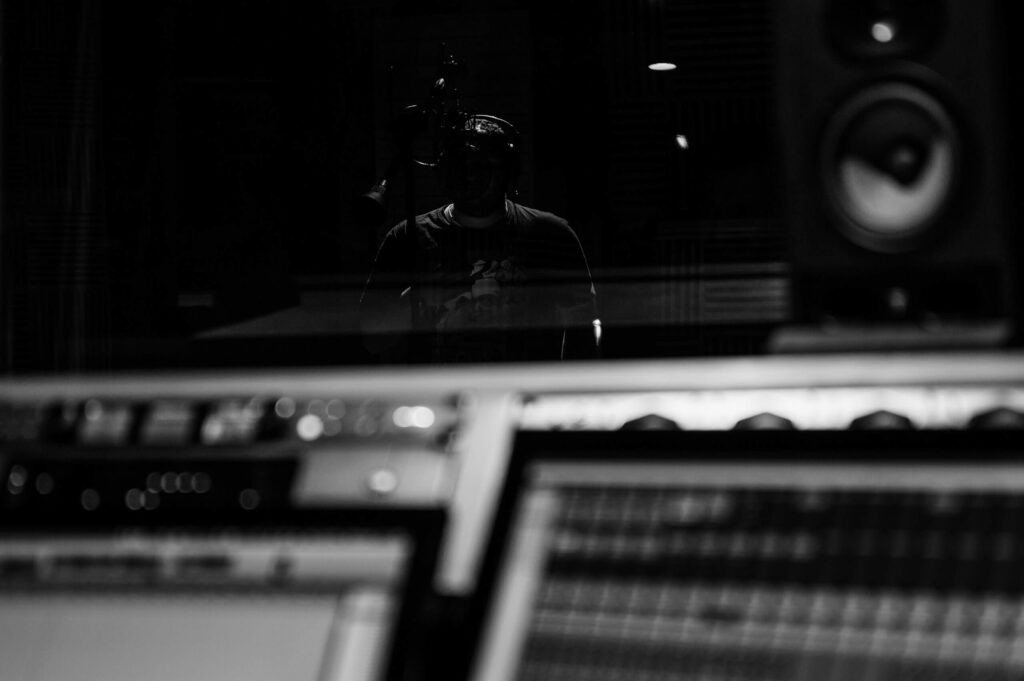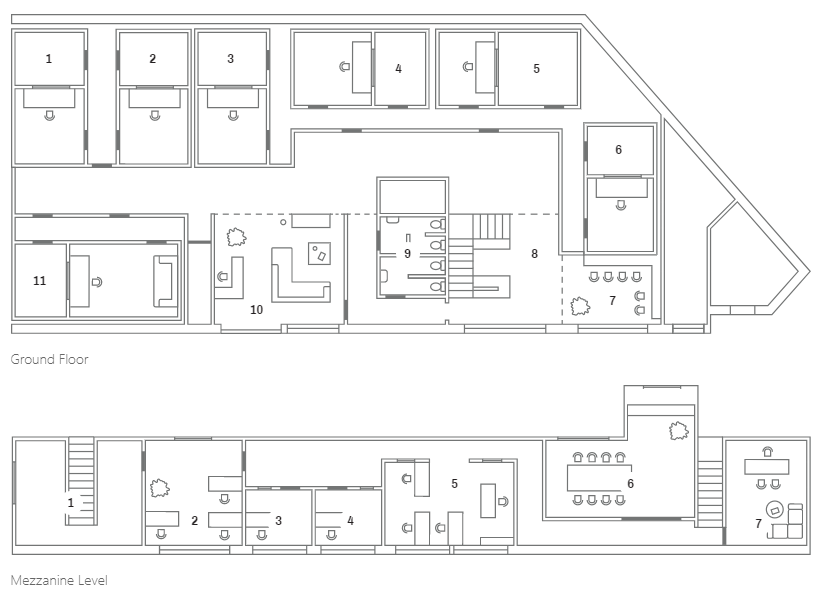The connection between creativity and mental health issues has been cause for debate between philosophers, psychologists and researchers for centuries. Some scholars claim there’s an undisputed, direct link between creativity and mental illness, including bipolar disorder, anxiety disorder and ADHD, while others insist there’s no real evidence to support the theory.We all know the stereotypes – the struggling artist, the tortured writer, the mad genius. But is it just because these people are in the public eye and we know more about them, that it seems there are more eccentric and depressed or anxious creative people?
Or are there real reasons for creative people to have more mental issues?
A recent study done in Northern Ireland by Ulster University and wellbeing charity Inspire, has shown that people working in the creative industries in Northern Ireland – many of them freelancers – are three times more likely to suffer from depression and anxiety than the general public. Possible reasons included pressure to reach high standards, irregular work and the consequent lack of financial security, and a perceived lack of value placed on their work. Other causes of mental health issues may be isolation, lack of interaction, and the dreaded creative block, which can lead to frustration, self-doubt, anxiety and/or depression.These are all modern concepts that most of us can relate to in some way or another. But they’re actually the same issues that have plagued artists for as long as people have been expressing themselves creatively. There’s the lovely French phrase poète maudit, an expression used to describe the poet (or artist of any kind really), living on the outskirts of society, probably abusing drugs and alcohol, immersed in crime and sin, and most likely not far from death. Morbid, right? But think of Sylvia Plath, Ernest Hemmingway, Vincent van Gogh, Amy Winehouse.
Another theory is that creativity, even if it is expressed through paint or movement, requires a lot of thinking.
And since our thoughts as humans are the main cause of our mental suffering, it makes sense that those who think more, will experience more feelings of hopelessness, isolation, rejection, failure, pressure to perform, and so on. In other words, the creative person, who is always thinking, is more likely to suffer from depression.It’s an interesting topic, and what makes it even more interesting is that if you look in a different direction, you find studies that show that creatives are no more affected by mental health conditions than anyone else. You can take it even further – there’s plenty of evidence showing that creativity can actually improve mental health. We know that writing in a journal, drawing, painting, listening to music, going to a pottery class, taking photographs and so on, can have a positive effect on our moods, not least of all because creativity produces the feel-good hormone dopamine.So are “creatives” more prone to mental health issues? Maybe, maybe not. It probably depends on whether you have a stable income, enjoy your work, and don’t allow yourself to go down mental rabbit holes in your own mind. Like anyone else, those in the creative industry should manage their mental health through things like self-care, good food, sleep and exercise, social interaction and perhaps a creative outlet that brings joy and fulfilment.


